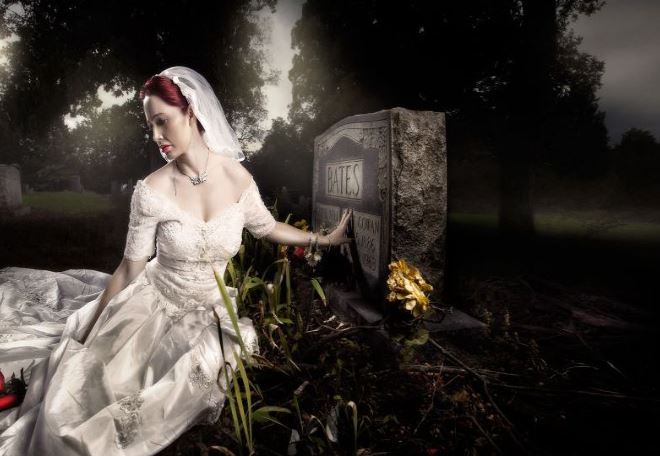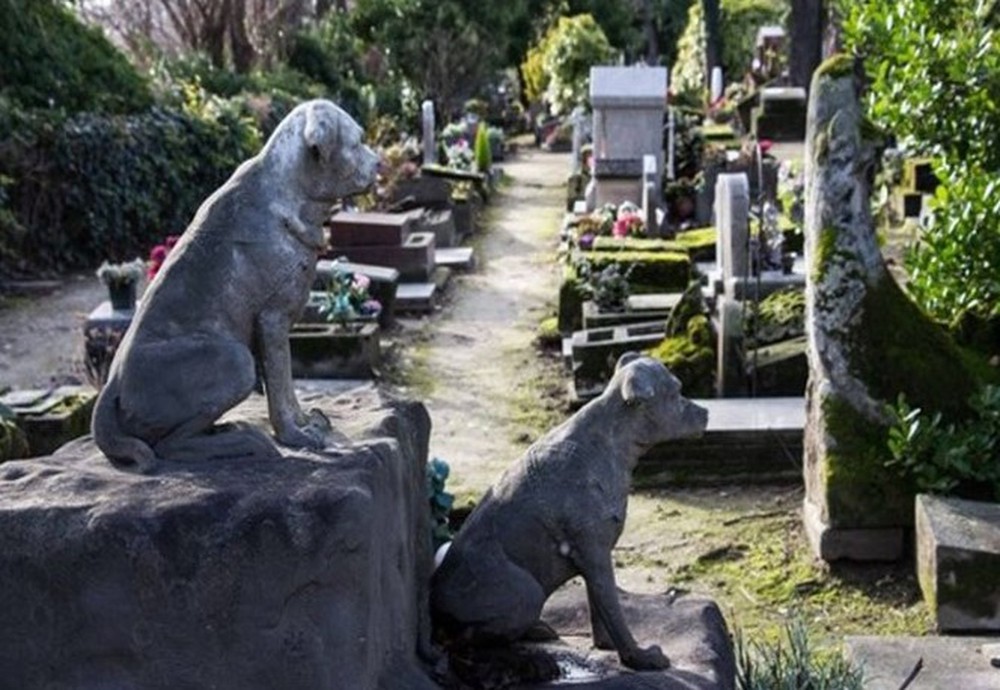Women were not allowed to wear pants in Paris
The law was introduced by the Paris police chief in 1800. At that time, any Parisian woman who wanted to dress like a man “had to show up at the Metropolitan Police Department for a permit”.
In 1892, the law was amended to be more lenient, allowing Parisian women to wear pants while riding. Going even further, a provision was added in 1909 that women were allowed to wear pants while riding or riding bicycles.
In 1969, the Paris City Council formally asked the police chief to change the law. In response, he bluntly said: “It is not wise to change (the law) according to fashion trends, especially when they change all the time.” Despite repeated efforts to abolish it, this law still hangs over… the right of women to wear pants in the capital of light. It was not until 2013 that Parisian women were able to “wear their pants freely” without being judged.
French has been an official language in the UK for over 300 years
It is hard to believe that French was the official language of England from 1066 to 1362. Anglo-Norman French was introduced to the country after the Norman conquest of England in 1066. In fact. , a large part of English vocabulary today is of French origin.
Is it possible to marry the deceased?

A law promulgated in France in 1959 allows a living person to marry a deceased person if they can prove that they had previously intended to marry and must obtain permission from the deceased’s family. Illustration.
The Malpasset Dam in southern France in December 1959 broke down, killing more than 420 people. Among the victims was the fiancé of a pregnant woman named Irène Jodard.
The then French President Charles de Gaulle announced the legalization of the couple’s marriage to ease Jodard’s pain. After that, this rule will continue to be maintained, as long as one of the two people can show proof of the intention to marry.
Wedding preparations should be completed before the death of a husband or wife, with no strings attached to inheritance or other financial interests. In case the living person wants to remarry, they have to go through the divorce procedure with the deceased.
Kissing is not allowed on the platform
In 1910, France passed a ban on kissing in French train stations, especially on platforms. This ban, which went into effect in 1912, was put in place to prevent unnecessary delays and overcrowding at train stations. In fact, there is no formal punishment or specific sentence for this kiss. However, this is one of the things tourists should know when visiting France.
The place where the first artificial heart and face transplant was performed
France is the first country in the world to successfully perform an artificial heart and face transplant. The artificial heart transplant took place in December 2013 at the Georges Pompidou Hospital in Paris. The biocosmetic device, which stimulates contraction of the organic heart, is powered by an external lithium-ion battery and weighs almost 3 times as much as the real organ.
Before that, in 2005, French surgeons made history by becoming the first people to perform face transplants. Isabelle Dinoire is the first patient to receive a face transplant after she was bitten by her pet dog.
First country to ban food waste
Expired food cannot be thrown out or destroyed at grocery stores in France, the first country in the world to enact such a law in February 2016. Leftovers must be collected and given to food “banks” or charities.
If the destruction of usable food is discovered, supermarkets will be fined from 75,000 euros, even up to 2 years in prison. In addition, banning food throwing also helps limit the homeless people rummaging for food, causing damage to the urban landscape.
The world’s first animal cemetery

France is the country with the first animal cemetery in the world. Illustration.
The law prohibiting indiscriminate burial and disposing of animal carcasses in 1899 was the reason for the creation of the world’s first animal cemetery. The people who built this burial ground are journalist Marguerite Durant and lawyer Georges Harmois. This place is not only the final resting place of dogs and cats but also many other animals.
Croissants originated in Austria, not France
France is the most famous destination in the world for those who want to enjoy fine croissants. But in fact, this cake originated in Austria in the 18th century.
Kipferl, the forerunner of the croissant, was popular in Vienna’s cafes in the 13th century. Kipferl is a crescent-shaped cake, usually eaten in the morning. Kipferl was originally made from a thicker dough and with fewer layers, which later crossed the border into France and became known as a croissant.
The country that invented the camera on the phone

France is the country that invented the camera on the phone. Illustration.
A Parisian man named Philippe Kahn came up with the bold idea of attaching a camera to a phone in 1997. Kahn’s experimental phone was later recognized as a phone with a camera. first in the world. Kahn’s newborn daughter, Sophie, is featured in the first photo taken from the phone.
The first country to apply camouflage in combat
The French Army was the first to establish a specialized camouflage unit in 1915. The word “camouflage” also began to appear from there and is explained as helping “reduce the enemy’s ability to see on the battlefield. school”. During this time, the “camouflage” movement, known as camo fleurs, was also popular with street artists. A few years later, in 1917, the British army officially established its own camouflage division.
at Blogtuan.info – Source: Soha.vn – Read the original article here



